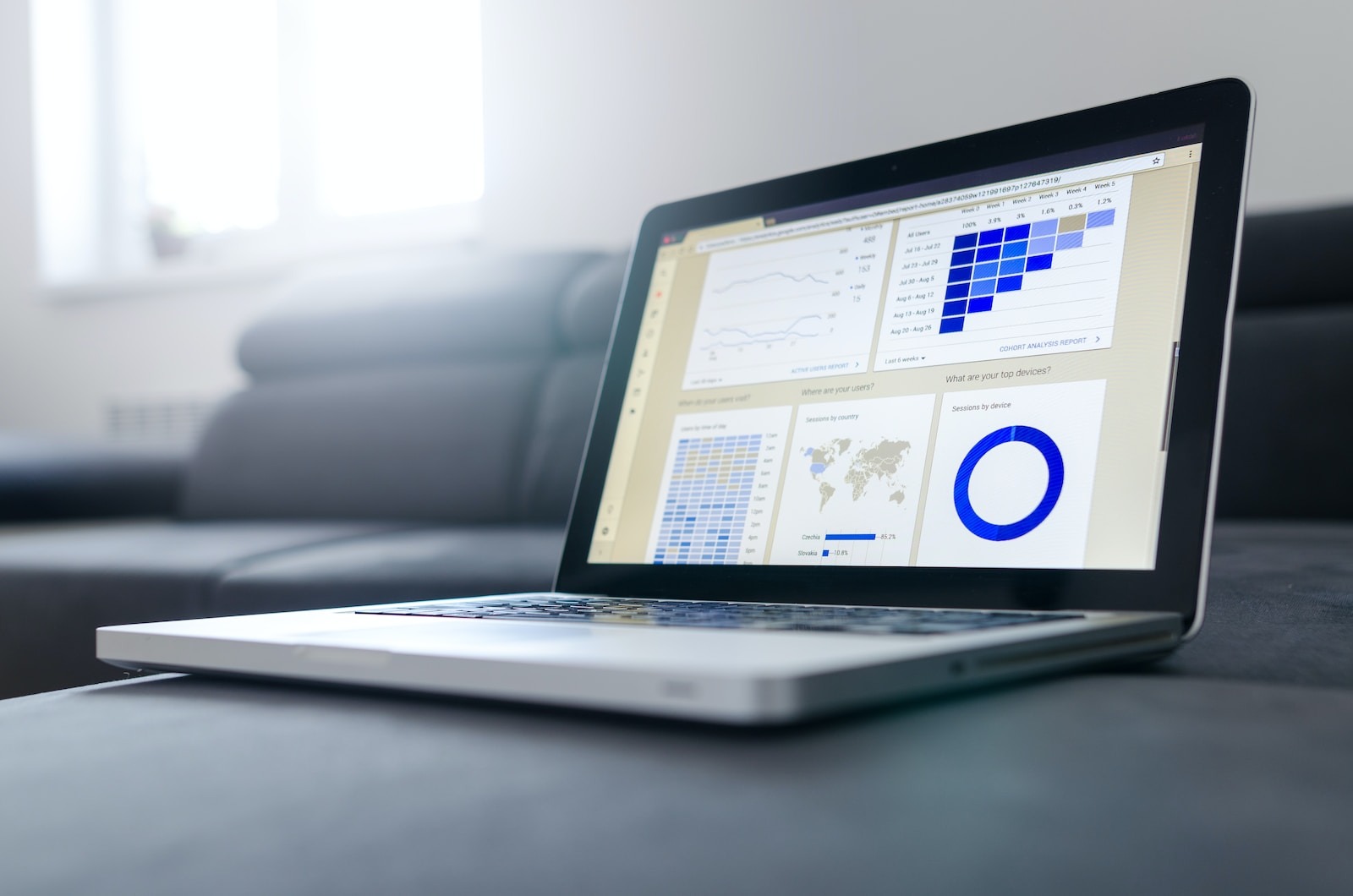Remote work has become increasingly popular across various industries, and tax accounting is no exception. Remote tax accounting jobs offer professionals the flexibility to work from anywhere while maintaining a successful career. This article explores the benefits, challenges, and essential skills required for succeeding in remote tax accounting roles.

Benefits of Remote Tax Accounting Jobs
-
Flexibility and Work-Life Balance: One of the most significant advantages of remote tax accounting jobs is the flexibility they offer. Professionals can set their own schedules, work from the comfort of their homes, and achieve a better work-life balance.
-
Global Opportunities: Remote work opens up a world of opportunities. Tax accountants can work with clients and companies from different countries, gaining diverse experiences and expanding their professional networks.
-
Cost Savings: Working remotely eliminates the need for commuting, which can save time and money. Additionally, remote workers can save on expenses related to office attire, meals, and other work-related costs.
-
Technological Advancements: With the advent of cloud-based accounting software and secure communication tools, remote tax accounting has become more efficient and accessible. Professionals can collaborate with clients and colleagues in real-time, ensuring accurate and timely financial services.
Challenges of Remote Tax Accounting Jobs
-
Self-Discipline: Working remotely requires a high level of self-discipline. Tax accountants must manage their time effectively, stay organized, and maintain productivity without direct supervision.
-
Communication: Effective communication is crucial in remote work. Tax accountants must be proficient in using various communication tools and ensure clear and concise communication with clients and colleagues.
-
Technical Issues: Remote work relies heavily on technology. Tax accountants must be prepared to troubleshoot technical issues and ensure the security of sensitive financial information.
-
Isolation: Working from home can sometimes lead to feelings of isolation. Tax accountants must find ways to stay connected with their professional community and maintain a healthy work environment.
Essential Skills for Remote Tax Accounting Jobs
-
Technical Proficiency: Remote tax accountants must be proficient in using accounting software, cloud-based platforms, and communication tools. Familiarity with tax laws and regulations is also essential.
-
Time Management: Effective time management is crucial for remote work. Tax accountants must prioritize tasks, meet deadlines, and maintain a productive work schedule.
-
Communication Skills: Strong written and verbal communication skills are essential for remote tax accounting jobs. Professionals must be able to explain complex financial concepts clearly and concisely.
-
Problem-Solving: Remote tax accountants must be able to identify and solve problems independently. They should be resourceful and capable of finding solutions to technical and financial challenges.
-
Adaptability: The ability to adapt to new technologies and changing regulations is crucial for remote tax accountants. They must stay updated with industry trends and be open to learning new skills.
Tips for Succeeding in Remote Tax Accounting Jobs
-
Create a Dedicated Workspace: Having a dedicated workspace can help remote tax accountants stay focused and organized. Ensure your workspace is comfortable, well-lit, and free from distractions.
-
Establish a Routine: Establishing a daily routine can help maintain productivity and work-life balance. Set specific work hours and stick to them as much as possible.
-
Stay Connected: Regular communication with clients and colleagues is essential. Use video conferencing, instant messaging, and email to stay connected and collaborate effectively.
-
Continuous Learning: Stay updated with the latest tax laws, regulations, and accounting technologies. Participate in webinars, online courses, and professional development programs to enhance your skills.
-
Prioritize Self-Care: Working remotely can sometimes lead to burnout. Prioritize self-care by taking regular breaks, exercising, and maintaining a healthy lifestyle.
Conclusion
Remote tax accounting jobs offer a unique blend of flexibility, global opportunities, and technological advancements. While they come with challenges such as self-discipline, communication, and technical issues, the benefits far outweigh the drawbacks. By developing essential skills such as technical proficiency, time management, communication, problem-solving, and adaptability, tax accountants can succeed in remote roles. Embracing remote tax accounting jobs can lead to a rewarding career with a better work-life balance and endless opportunities for growth.





